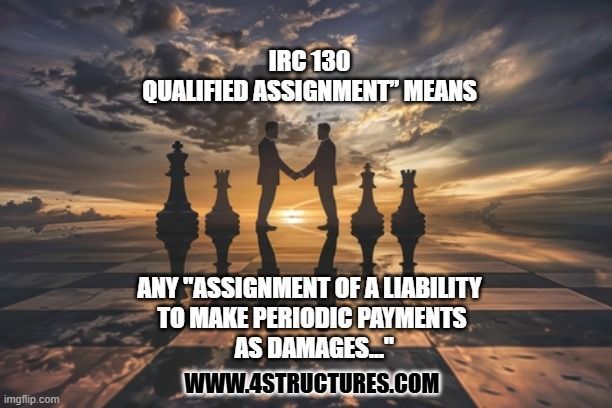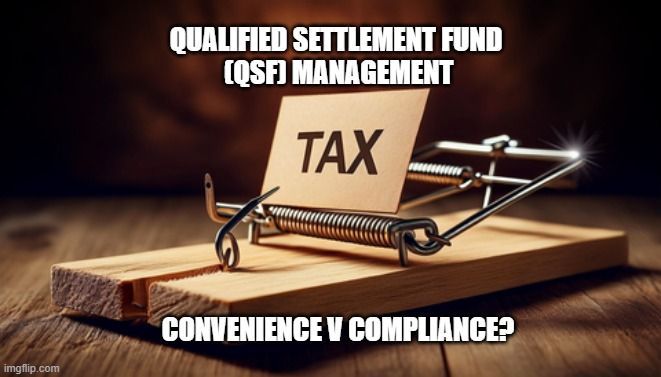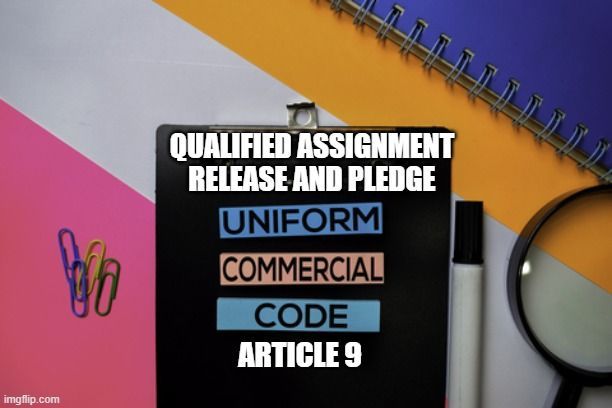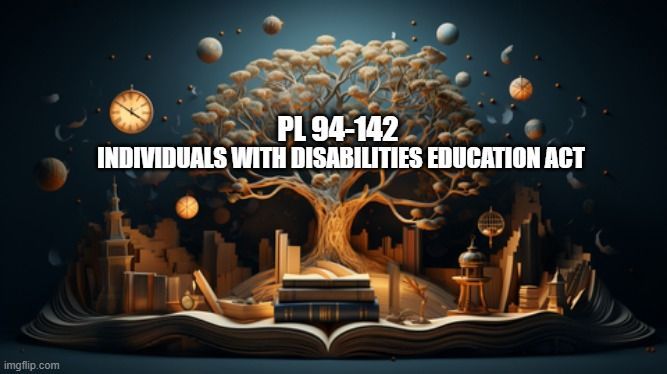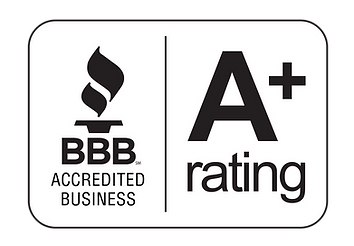Structured Settlement Investing | Investing in Other People's Structured Settlements
Beware Pie in the Sky Sales Pitches from Familiar Sources

Should you trust any settlement planner pitching you to buy investments in other people's structured settlement payments?
Maybe not, when the settlement planner (individually, or through his or her company) has:
1. Misrepresented the investments as annuities when they are not, in multiple publications addressed to potential investors. The National Association of Insurance Commissioners has already opined that factored structured settlement payment streams are neither annuities nor insurance products in NAIC Statutory Issue Paper 160. The National Association of Insurance Commissioners (NAIC) is the U.S. standard-setting and regulatory support organization created and governed by the chief insurance regulators from the 50 states, the District of Columbia and five U.S. territories
2. Misrepresented to investors on Twitter that "investing in a structured settlement annuity is legal in all 50 states" knowing beforehand that no buyer of structured settlement payments rights or investor is actually buying a structured settlement annuity, which remains owned by a qualified assignment company even after there is a partial or full transfer of structured settlement payment rights.
3. Misrepresented to investors that investors are entitled to statutory guarantees that apply to primary annuitants, when many states expressly exclude such investors. If the factored structured settlement payment streams were in fact annuities, as has been advertised by the settlement planner, the settlement planner could be violating laws of multiple states that prohibit such advertising.
4. Opined that the risk of investing in factored structured settlement payments as being on par with United States Treasuries, ignoring, or omitting the transactional risks associated with such investments. Had Linda Wall and her husband invested in United States Treasuries they would not have lost their money.
5. Marketed itself as a plaintiffs' advocate while advertising "maximize profits" with respect to its structured settlement factoring business, a ridiculous statement that showcases the conflict of interest. Can the settlement planner work both sides to " "maximize profits" to the seller when the seller is only receiving pennies on the dollar?

